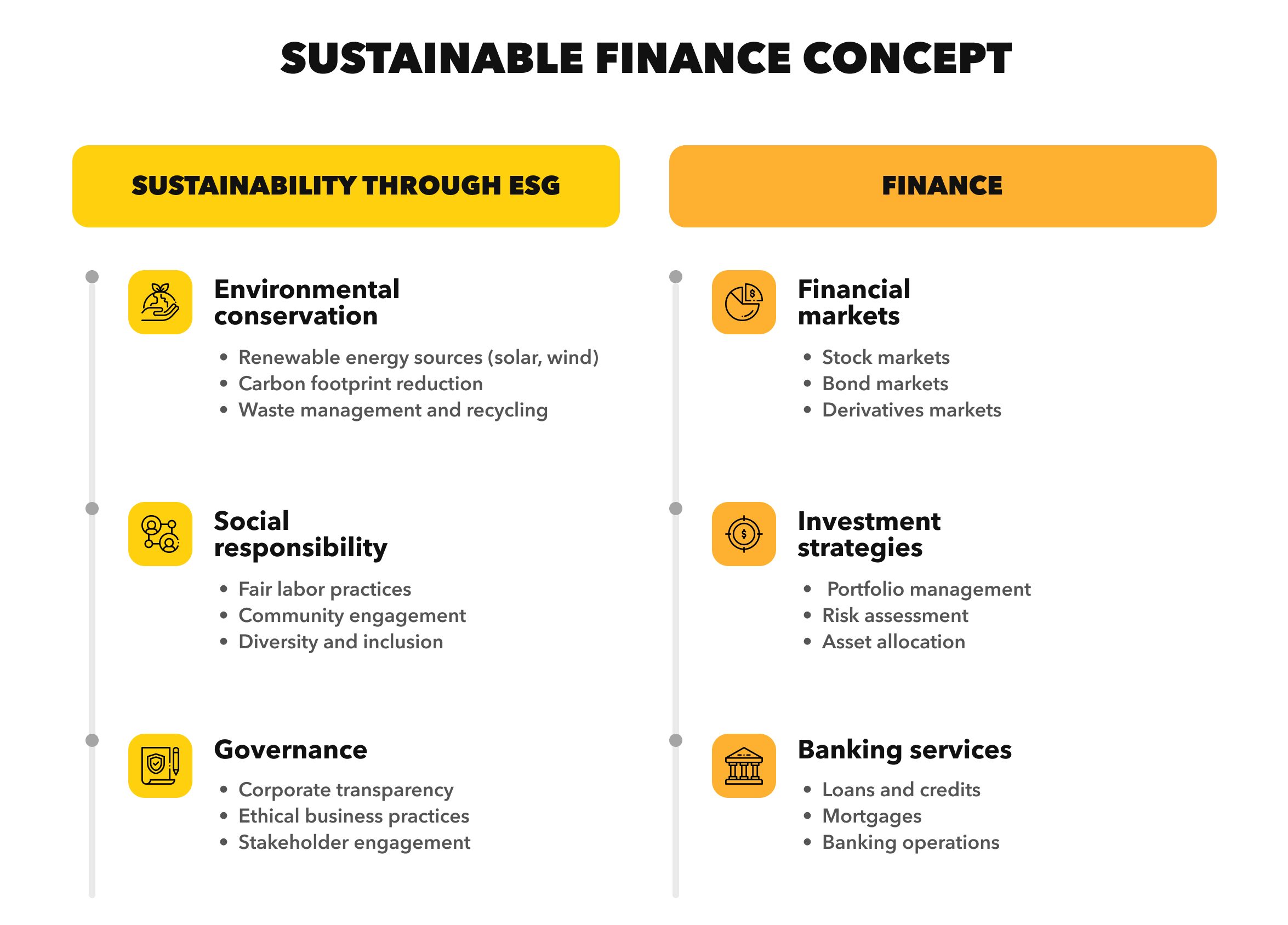JAKARTA, opinca.sch.id – Promoting financial sustainability is essential for individuals and organizations alike, as it lays the groundwork for long-term financial health and independence. In an era where economic challenges are prevalent, understanding how to manage finances effectively is crucial. This guide shares insights from my experiences in conducting workshops focused on financial sustainability, providing practical lessons that can lead to financial freedom.
Understanding Financial Sustainability

1. What is Financial Sustainability?
Financial sustainability refers to the ability to manage financial resources effectively over the long term. It involves creating strategies that ensure ongoing financial health, stability, and resilience against economic fluctuations. This concept encompasses not only personal finance but also organizational financial practices that promote responsible resource management.
2. The Importance of Promoting Financial Sustainability
Promoting financial sustainability is vital for several reasons:
- Long-Term Stability: Sustainable financial practices help individuals and organizations withstand economic downturns and unexpected expenses.
- Empowerment: Knowledge of financial management empowers individuals to make informed decisions, fostering a sense of control over their financial futures.
- Resource Optimization: Effective financial strategies lead to better resource allocation, maximizing the impact of every dollar spent.
- Community Impact: When individuals and organizations practice financial sustainability, they contribute to the overall economic health of their communities.
Key Strategies for Promoting Financial Sustainability
1. Educating Through Workshops
Workshops are an effective way to disseminate knowledge and skills related to financial sustainability. Consider the following approaches:
- Interactive Learning: Design workshops that engage participants through discussions, case studies, and real-life scenarios, making financial concepts relatable and applicable.
- Diverse Topics: Cover a range of topics such as budgeting, saving, investing, debt management, and financial planning to provide a comprehensive understanding of financial sustainability.
2. Creating Actionable Financial Plans
Encouraging participants to create actionable financial plans is crucial. Here’s how to facilitate this process:
- Goal Setting: Help individuals identify their financial goals, whether short-term (e.g., saving for a vacation) or long-term (e.g., retirement planning).
- Budgeting Tools: Introduce budgeting tools and apps that can assist participants in tracking their income and expenses, promoting better financial habits.
3. Fostering a Savings Culture
Promoting a culture of savings is essential for financial sustainability. Implement strategies such as:
- Emergency Funds: Emphasize the importance of building an emergency fund to cover unexpected expenses, reducing reliance on credit.
- Automated Savings: Encourage participants to set up automatic transfers to savings accounts, making saving a habitual practice.
4. Encouraging Investment Education
Understanding investment options is key to promoting financial sustainability. Consider these approaches:
- Investment Workshops: Host workshops focused on different investment vehicles, such as stocks, bonds, mutual funds, and real estate, explaining the risks and benefits of each.
- Long-Term Thinking: Teach participants about the importance of long-term investing and the power of compound interest.
5. Building Community Support Networks
Creating support networks can enhance the effectiveness of financial sustainability initiatives. Consider:
- Peer Groups: Facilitate the formation of peer groups where participants can share experiences, challenges, and successes related to financial management.
- Mentorship Programs: Establish mentorship opportunities where experienced individuals can guide others in their financial journeys.
Real Lessons from My Workshops
1. The Power of Personal Stories
In my workshops, I’ve discovered that sharing personal financial stories resonates deeply with participants. Real-life examples of overcoming financial challenges can inspire and motivate others to take action.
2. The Importance of Customization
Every participant has unique financial situations and goals. I’ve learned that customizing workshops to address specific needs and concerns leads to more meaningful engagement and outcomes.
3. Emphasizing Practical Application
Providing participants with practical tools and resources is essential. I’ve found that hands-on activities, such as creating budgets or investment plans during the workshop, significantly enhance learning retention.
4. Encouraging Ongoing Learning
Financial literacy is not a one-time event. I emphasize the importance of ongoing learning and encourage participants to seek out additional resources, such as books, online courses, and financial podcasts.
5. Celebrating Small Wins
Recognizing and celebrating small financial milestones can boost motivation. I encourage participants to share their achievements, whether it’s sticking to a budget for a month or reaching a savings goal, fostering a sense of community and support.
Personal Insights on Financial Sustainability
1. Start Small
I’ve learned that starting small is key to promoting financial sustainability. Encouraging participants to set achievable goals helps build confidence and momentum.
2. Cultivating a Growth Mindset
A growth mindset is crucial for financial success. I emphasize that setbacks are part of the journey, and viewing challenges as opportunities for learning can lead to greater resilience.
3. Prioritizing Financial Well-Being
I’ve come to understand that financial sustainability is not just about numbers; it’s about well-being. Encouraging participants to prioritize their financial health contributes to overall life satisfaction.
4. The Role of Accountability
Accountability plays a significant role in achieving financial goals. I encourage participants to find accountability partners who can support and motivate them on their financial journeys.
5. Embracing Technology
Technology can be a powerful ally in promoting financial sustainability. I’ve seen firsthand how budgeting apps, investment platforms, and financial education websites can empower individuals to take control of their finances.
Conclusion
Promoting financial sustainability is essential for achieving long-term financial health and freedom. Through workshops that educate, empower, and engage participants, individuals can learn to manage their finances effectively. By creating actionable financial plans, fostering a savings culture, encouraging investment education, and building community support networks, we can help others achieve their financial goals. My real lessons from conducting these workshops highlight the importance of personal stories, customization, practical application, ongoing learning, and celebrating small wins. Embrace the journey toward financial sustainability, and empower yourself and others to achieve financial freedom.
Boost Your Competence: Uncover Our Insights on Financial
Spotlight Article: “Identifying Investment Trends!”
